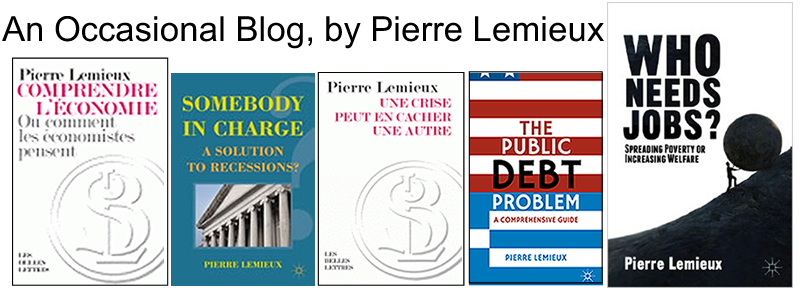Ducan Black (1908-1991) was an economist who made important discoveries in the theory of elections: the median-voter theorem and, rediscovered after Condorcet, the paradox of voting. Charles Dodgson (1832-1898), a.k.a. Lewis Carroll, was a mathematician who explored the same field, although he is better known for his literary work, mainly Alice’s Adventures in Wonderland.
Here is a remarkable observation by Black Continue reading
